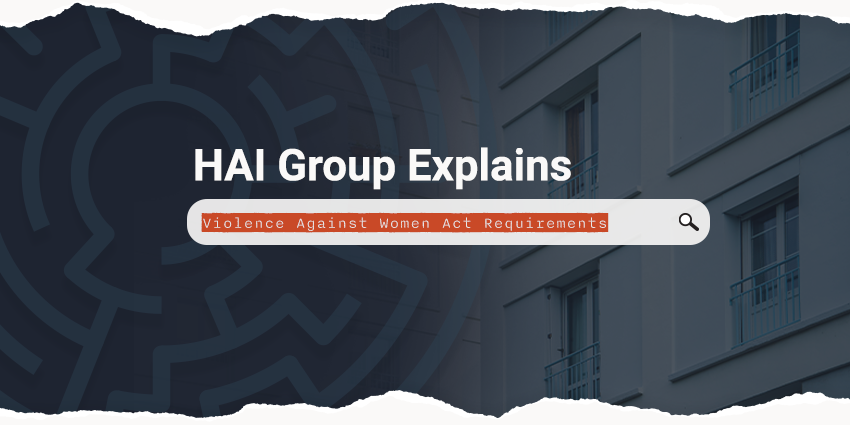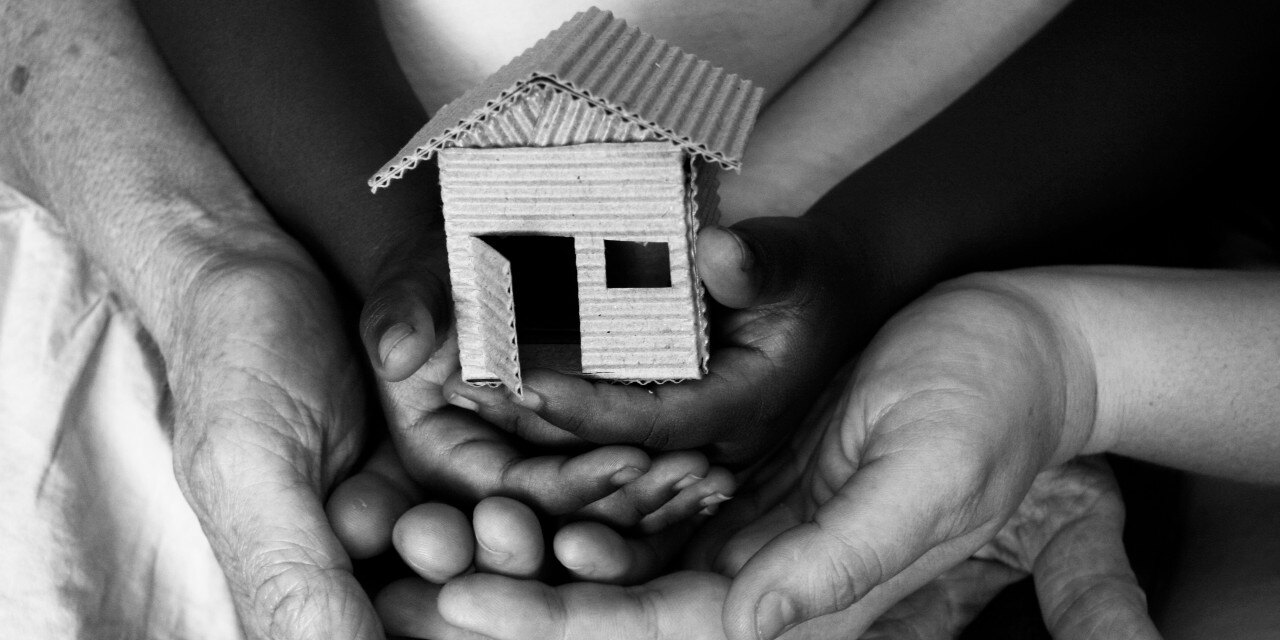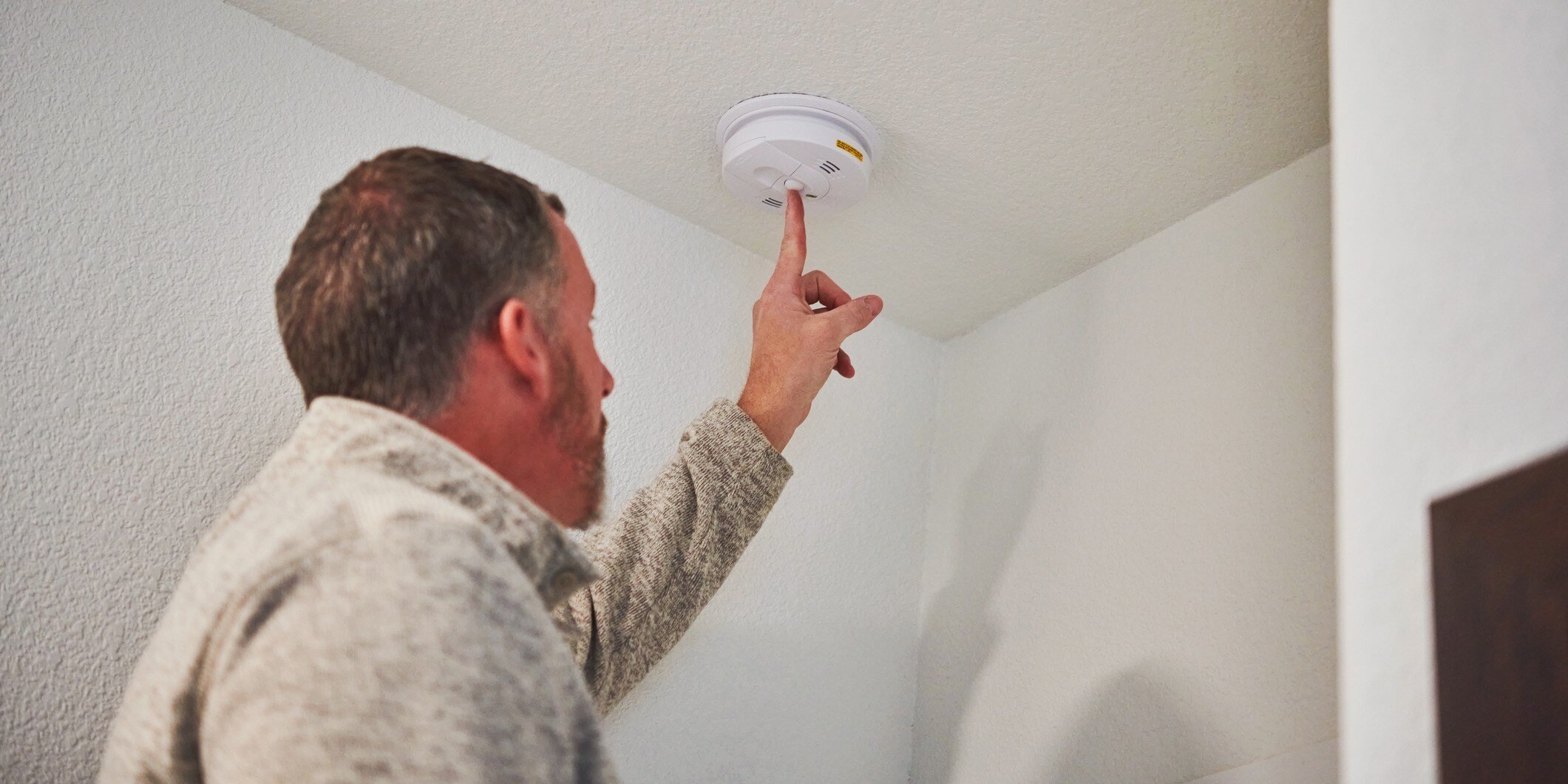Recent settlements in Nevada, Tennessee, Michigan, and California highlight the U.S. Department of Housing and Urban Development's (HUD) strengthened enforcement authority under the latest iteration of the Violence Against Women Act (VAWA). The settlement sput housing providers on notice to understand and comply with the law or face serious consequences.
What is the Violence Against Women Act?

VAWA was enacted in 1994 and amended several times, most recently in 2022. The VAWA 2022 update gives HUD new enforcement authority to enhance housing protections for survivors of domestic violence, dating violence, sexual assault, and stalking. HUD's Office of Fair Housing and Equal Opportunity (FHEO) now handles complaints, investigating them through the existing Fair Housing Act complaint process.
Under VAWA 2022, housing applicants and residents of HUD rental assistance programs may not be denied housing, evicted, or have their housing assistance terminated because they've experienced domestic violence, dating violence, sexual assault, or stalking. Additionally, survivors must be able to access certain remedies, such as requesting an emergency transfer for safety reasons related to the violence.
An individual who has experienced domestic violence, dating violence, sexual assault, or stalking:
-
cannot be denied admission to or assistance under a HUD-subsidized or assisted unit or program because of the VAWA violence/abuse committed against them;
-
cannot be evicted from a HUD-subsidized unit nor have their assistance terminated because of the VAWA violence/abuse committed against them;
-
cannot be denied admission, evicted, or have their assistance terminated for reasons related to the VAWA violence/abuse, such as having an eviction record, criminal history, or bad credit history;
-
must have the option to stay in their HUD-subsidized housing, even if there has been criminal activity directly related to the VAWA violence/abuse;
-
can request an emergency transfer from the housing provider for safety reasons related to the VAWA violence/abuse committed against them;
-
must be allowed to move with continued assistance if the survivor has a Section 8 housing choice voucher;
-
must be able to provide proof to the housing provider by self-certifying using the HUD VAWA self-certification (only required if the housing provider has conflicting information about the violence/abuse);
-
must receive HUD's notice of VAWA housing rights and HUD's VAWA self-certification form from the housing provider when they are denied admission to a HUD-subsidized unit or HUD program when they are admitted to a HUD-subsidized unit or HUD program, and when they receive a notice of eviction from a HUD-subsidized unit or notice of termination from a HUD program;
-
has a right to strict confidentiality of information regarding their status as a survivor;
-
can request a lease bifurcation from the owner or landlord to remove the perpetrator from the lease or unit, and if the housing provider bifurcates, it must be done consistent with applicable federal, state, or local laws and the requirements of the HUD housing program;
-
cannot be coerced, intimated, threatened, or retaliated against by HUD-subsidized housing providers for seeking or exercising VAWA protections; and
-
has the right to seek law enforcement or emergency assistance for themselves or others without being penalized by local laws or policies for these requests or because they were victims of criminal activity.
Recent VAWA settlements serve as a compliance warning to housing providers
In late September 2023, HUD announced its first two settlement agreements under VAWA 2022. HUD Principal Deputy Assistant Secretary Demetria L. McCain said the agreements underscore the agency's ongoing commitment to enforcing the individual protections enshrined in VAWA.
"These two cases represent a small percentage of persons who have filed with HUD under the Violence Against Women Reauthorization Act of 2022's new process," she said. "Housing providers are on notice that they must comply with the law and not create unnecessary burdens to those seeking housing protections under VAWA."
HUD announced additional settlement agreements in January 2024 and June 2024.
Case 1: Noncompliant policies and procedures
HUD's investigation found that a public housing agency (PHA) in Nevada violated a resident's VAWA rights when the resident, a Housing Choice Voucher holder, requested to relocate mid-lease as an emergency transfer after being stalked by a former partner.
According to the investigation, the PHA demanded "confusing and contradictory" documentation that's not permitted to be requested under VAWA, threatened to revoke the resident's voucher, denied her request to extend her voucher, and stopped paying its portion of the rent while the tenant prepared to move to protect her safety.
The PHA's policies and procedures didn't comply with VAWA, including policies documenting someone's status as a VAWA survivor in general and, specifically, when an emergency transfer is requested. The PHA also lacked an emergency transfer plan, as required by VAWA.
The settlement agreement requires the PHA to:
-
Create an emergency transfer plan that will allow qualifying domestic violence survivors to move quickly without losing their assistance.
-
Hire outside experts to provide VAWA training to staff.
-
Pay the resident a monetary settlement.
Case 2: Failure to account for VAWA status
HUD's investigation found that a housing provider in California that receives federal housing funds through the HOME Investment Partnership and Low-Income Housing Tax Credits programs violated a resident's VAWA rights by denying her housing application due to a history of rental agreement violations that were related to her status as a dating violence survivor.
The housing provider denied that the resident disclosed her status as a dating violence survivor but acknowledged its failure to accompany the resident's denial letter with any information about her rights under VAWA, as required by law, and to advise her of the process to appeal the application denial.
The settlement agreement requires the housing provider to:
-
Pay the resident a monetary settlement.
-
Provide priority placement for the resident on the waiting list for available units.
-
Revise policies to comply with VAWA and protect the VAWA rights of applicants and residents.
-
Establish a new position to handle VAWA compliance.
-
Require employees to complete VAWA training annually.
Case 3: Failure to respond to transfer requests
HUD's investigation found that a Tennessee housing provider, which receives project-based rental assistance through the HUD Multifamily Housing program, received VAWA emergency transfer requests from two tenants but failed to provide the transfer or take any additional action to process the requests.
The settlement agreement requires the housing provider to:
- Pay the impacted residents a monetary settlement.
- Amend its reasonable accommodation and transfer log.
- Revise its transfer and VAWA policies.
- Designate a VAWA coordinator.
- Require employees to attend VAWA training.
- Respond to VAWA-related grievances and transfer requests within 10 days.
Case 4: Application denied due to past dating violence
HUD's investigation found that a Michigan housing provider denied housing to a woman because of her vision impairment disability and status as a survivor under VAWA. The investigation found that the landlord did not respond to the woman's rental application due to her vision impairment (a violation of the Fair Housing Act) and because she revealed a past tenancy was terminated due to experiencing dating violence and stalking.
The settlement agreement requires the housing provider to:
- Pay the woman a monetary settlement.
- Take affirmative steps to ensure policies, practices, and procedures comply with VAWA and the Fair Housing Act.
- Require employees to attend VAWA training.
VAWA resources for housing providers
In 2023, HUD released a new website to help housing providers navigate the law's housing protections. The website features the latest updates, frequently asked questions about VAWA, and free VAWA training resources for housing providers to ensure compliance with the law.
Interesting in learning more about the signs of human trafficking in multifamily housing? Watch the recording of HAI Group's webinar on the subject.
This article is for general information only. HAI Group makes no representation or warranty about the accuracy or applicability of this information for any particular use or circumstance. Your use of this information is at your own discretion and risk. HAI Group and any author or contributor identified herein assume no responsibility for your use of this information. You should consult with your attorney or subject matter advisor before adopting any risk management strategy or policy.





